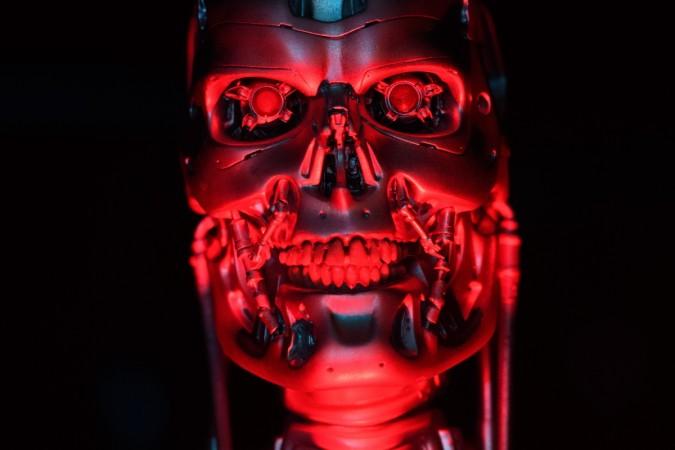Several visionaries including Elon Musk and Stephen Hawking had several times warned that the evolution of artificial intelligence could take the world to an era where AI could declare a war on humanity. According to these experts, this possible scenario will happen when AI-powered robots start thinking for themselves. And now, AI consultant Matthew Kershaw has warned that technology could even reach worrying heights within the lifetime of young ones among us.
Matthew Kershaw's warning
"It might just be in our lifetime. If you're young enough!" said Kershaw.

Kershaw also admitted that true General AI will require computers powerful enough to hold a comprehensive model of the world, and it will not happen anytime soon.
"Given that we don't really understand what it means to be conscious ourselves, I think it's unlikely that General AI will be a reality anytime soon. We just don't know what it actually means to be 'conscious'. A human child doesn't need to see more than five cars to learn how to recognize a car. A computer would need to see thousands," Kershaw told the Daily Star.
Several other AI experts had predicted that true general artificial intelligence may become a reality by the end of this century. However, this could be unlikely as AI pioneer Herbert A. Simon had predicted robots doing all human jobs within 1985. However, some experts believe that true artificial consciousness will never be achieved, as humans have not completely understood our consciousness.
The emergence of quantum brains
Recently, researchers at Radboud University in the Netherlands revealed that the development of the 'quantum brain' could help robots powered with artificial intelligence think like humans. Scientists made this explosive revelation after discovering an intelligent material that works in a similar way to the human brain cells. According to researchers who were part of this study, this material could learn by itself and will even physically adapt to its environment.









